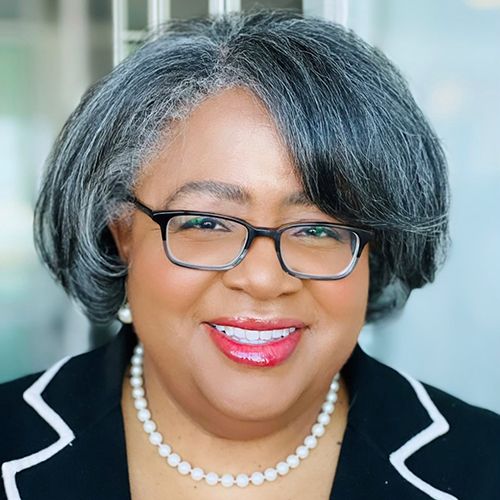Recent budget proposals by the Biden administration and Republicans in Congress show how the two parties plan to support – or not – women and families.


Recent budget proposals by the Biden administration and Republicans in Congress show how the two parties plan to support – or not – women and families.

The Florida Supreme Court overturned decades of legal precedent on Monday in ruling that the State Constitution’s privacy protections do not extend to abortion, effectively allowing Florida to ban the procedure after six weeks of pregnancy.

In the first abortion-related case before the Supreme Court since its 2022 decision to overturn Roe v. Wade, a majority of the justices appeared to express skepticism that a coalition of anti-abortion doctors had the right to challenge the Food and Drug Administration’s 2016 and 2021 decisions to expand access to mifepristone, a drug used for medication abortion.

To understand the evolving landscape for abortion in the United States, you have to consider two seemingly contradictory things.

Vice President Harris is visiting an abortion clinic in Minnesota on Thursday — an extraordinary stop meant to signal the importance the Biden campaign is placing on reproductive rights in the 2024 presidential race.

The two largest pharmacy chains in the United States will start dispensing the abortion pill mifepristone this month, a step that could make access easier for some patients.

The Dobbs decision poses a fundamental threat to key pillars of a functioning democracy by diluting constitutional and federal protections, preferencing state power over individual freedoms, and handing over greater control to existing – and often, biased – power structures…

To the fellas in the Republican Party: Are we having fun yet with post-Dobbs reproductive rights policy? As was not unexpected after Dobbs, a state Supreme Court (Alabama’s in this case) has determined that frozen embryos have personhood rights, prompting the state’s largest hospital to halt IVF treatments for fear of legal repercussions.

An Alabama Supreme Court’s ruling that frozen embryos in test tubes should be considered children has sent shock waves through the world of reproductive medicine, casting doubt over fertility care for would-be parents in the state and raising complex legal questions with implications extending far beyond Alabama.

Anti-abortion facilities raked in at least $1.4bn in revenue in the 2022 fiscal year, the year Roe v. Wadefell – a staggering haul that includes at least $344m in government money, according to a memo analyzing the centers’ tax documents that was compiled by a pro-abortion rights group and shared exclusively with the Guardian.

Florida abortion rights groups are heading to the state Supreme Court this week as part of their effort to put abortion protections on the ballot in November.

When the Supreme Court handed down the damaging Dobbs decision, it did not just strip millions of people of their reproductive choices… The Court also deepened the effects of long-standing, systemic efforts to silence the voices of women in our democracy.

The Supreme Court on Monday set a date for one of the highest-stakes and closest-watched cases of the term – announcing it will hear oral arguments on how patients can access mifepristone, the commonly used abortion pill, on March 26.

Vice President Harris framed the fight for abortion access in searing terms in this battleground state Monday afternoon, highlighting what she called “the horrific reality that women are facing every single day” since the Supreme Court overturned Roe v. Wade 18 months ago.

Monday, January 22, marks the 51st anniversary of Roe v. Wade – and while this should have been a day to honor and reflect how far we have come since Roe was decided, it is now a day to lament what we have lost.

An Ohio woman who suffered a miscarriage and left the nonviable fetus at home will not be criminally charged, a grand jury decided Thursday, dismissing a case that highlighted the extent to which women can be prosecuted when their pregnancy ends – whether by abortion or miscarriage.

The Supreme Court has allowed Idaho to enforce its strict abortion ban, which applies to medical emergencies. The decision arrived on Friday as a legal battle over reproductive rights rages on in the state, and is the first time the high court weighed in on Idaho’s abortion ban since the overturning of Roe v. Wade

Seven states have directly voted on abortion since the U.S. Supreme Court overturned Roe v. Wade in June 2022 — and abortion rights advocates are so far undefeated with ballot measures.

The U.S. Supreme Court has agreed to weigh in on the future of mifepristone, a drug used in more than half of all abortions in the United States, setting up another major dispute over abortion rights less than two years after the court’s conservative majority voted to overturn Roe v. Wade

A compromise defense policy bill unveiled late Wednesday will not include a Republican-backed proposal to block the Pentagon’s abortion travel policy, nixing a controversial measure that threatened to tank the legislation.